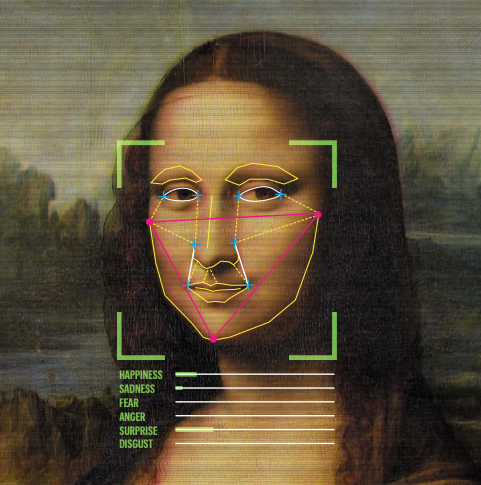
We all do it. You can tell when your partner is not happy with you or when a friend is worried about something long before they open their mouths. You can see it ion their face.
You know when your being lied to or if someone is keeping something from you. It is written all over their face.
But how often are you wrong?
We are evolutionally programmed to read peoples faces, it is a basic survival skill, but that does not mean we always get it right.
Thake these examples from a Nature article back in 2020:
Take a close look at each face showing genuine in-the-moment reactions to real life events. What emotions do these facial expressions depict? What do you think is going through each of these people’s minds at the time that the photo was taken? Go with your gut, after all we interpret facial expressions without much conscious analysis every day. It is a System 1 response – automatic, fast and effortless.
Now take a look at these pictures and the explanations given below giving a little more detail about where and why these pictures were taken. How many of them did you get right?

Even when people are not trying to hide their emotions reading their facial expressions is often quite misleading.
In life of course we use much more than just facial expressions, there is more body language that we can read, tone of voice and most importantly of all context, and yet with all this we still do not always get it right.
So, of we know within ourselves, that facial expressions can mislead us, and we know that the eyes are not always the accurate window to the soul, why is there a burgeoning research industry in using AI to read facial expressions to tell us how people are responding to our ads and our products?
The disconnect between our own common sense – supported by decades of scientific evidence showing that the reading of facial expressions is not an accurate science – and the claims of those offering AI to read facial expressions and tell us what people are thinking is so astounding that now even the UK’s Information Commissioner (the ICO) has issued a statement warning companies to steer clear of “emotional analysis technologies” or to face fines.
This is the first time ever that the ICO has been sufficiently concerned to issue a blatant warning on the ineffectiveness of a new technology.
So where does this leave brand owners who recognise that consumers – and that is all of us humans – are emotional and not rational beings? Kahneman pointed out that the vast majority of our decision making uses System 1 Thinking, automatic, fast and effortless. If we are to understand these decisions, we need to understand consumers emotional response to our products and our communications.
It leaves us relying upon good quality qualitative psychological research. Brand owners need to find reliable, experienced researchers that understand how to dig deeper into consumer psychology. In my experience, the best way forward is to find yourself a specialist agency who really know what they are doing in researching consumer psychology.
Psychology is not a precise science and always requires a degree on interpretation. A good agency will dig deeper into not only how consumers are responding but also understand why they are responding as they are, be able to create clear and actionable recommendations for the way forward and work with you as you implement these recommendations.
Chris Lukehurst is a Consumer Psychologist and a Director at The Marketing Clinic:
Understanding the connections between the consumer experience and emotional responses.


